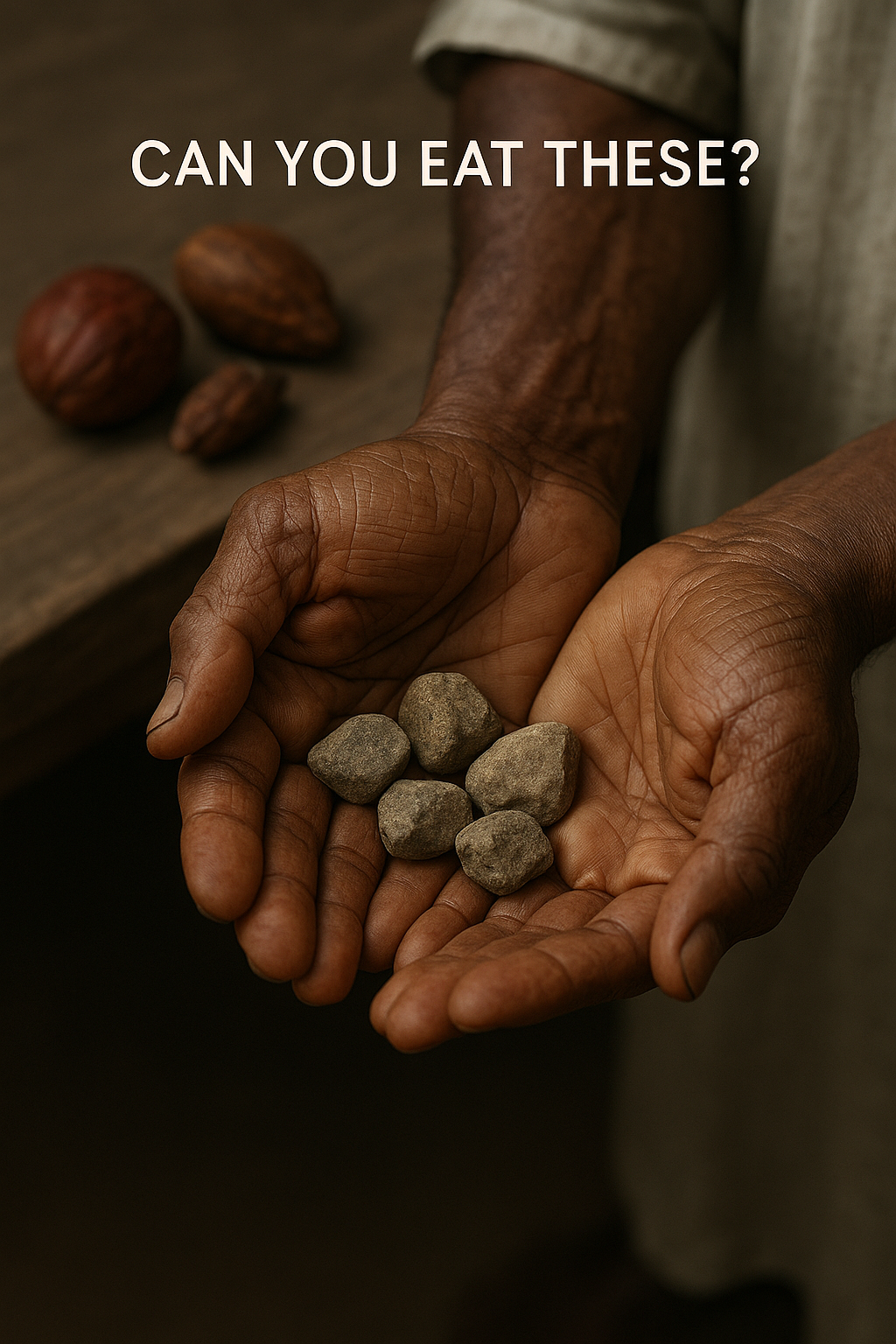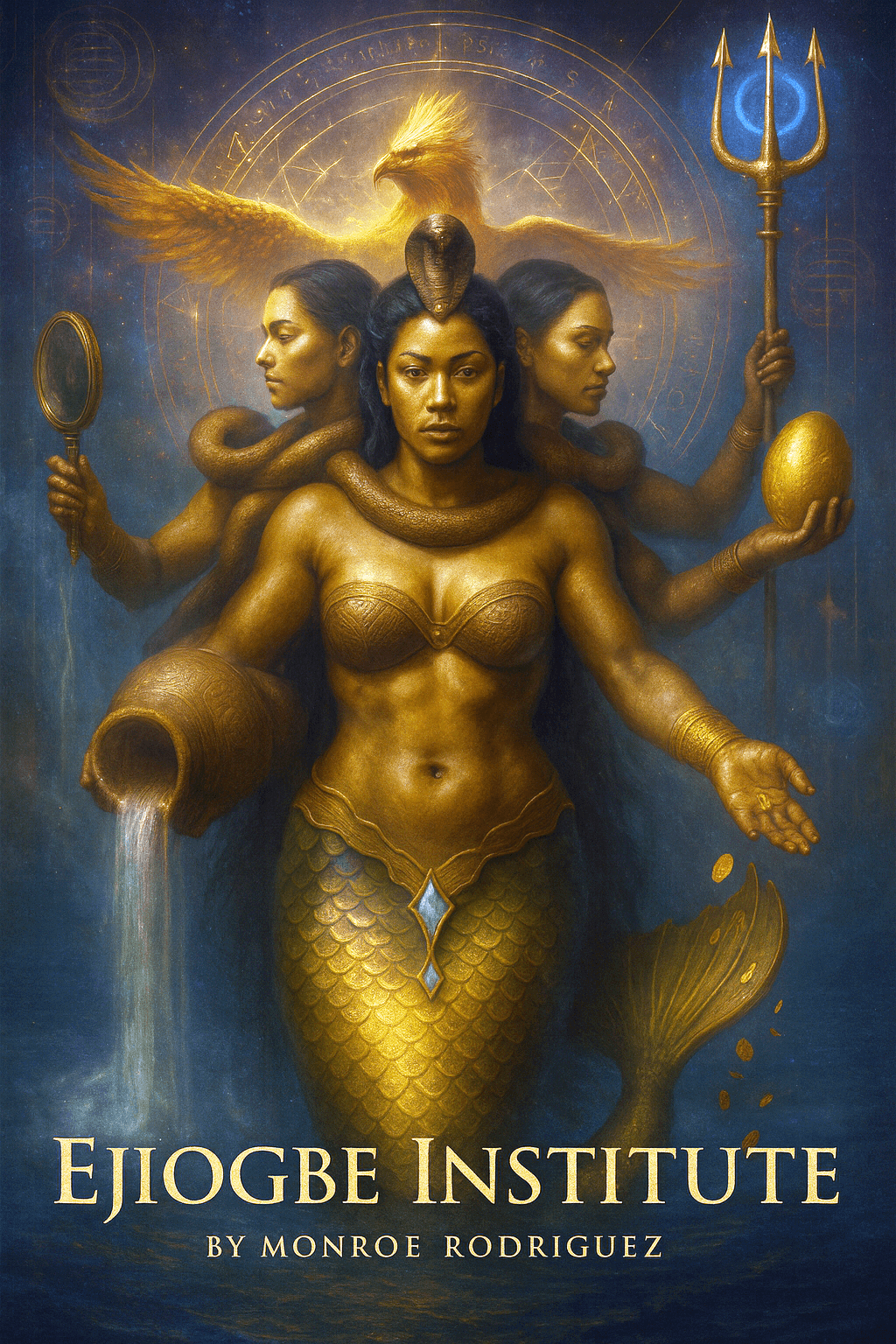Ifá | The Sacred Science of Destiny at Ejiogbe Institute
-
“It’s Not About Feelings — It’s About Destiny”: Finding the Right Spiritual Path Through Proper Divination
In today’s growing interest in African Traditional Religions (ATR), especially among African-descended people worldwide, many seekers are drawn to Orisha worship as a pathway to healing, connection, and identity. But what happens when initiation is done without correct alignment, without proper questioning, or through a rigid tradition that does not account for the individual’s background? What happens when spiritual guidance becomes religious evangelism?
-
Understanding Eèwò: Sacred Taboos in the Ifá Tradition
Eèwò are sacred taboos revealed during Ifá initiation to align your life with your destiny. They are personal spiritual boundaries — foods, behaviors, colors, or places that must be avoided based on your odù and orí.
On the third day of initiation (Ìtà), a symbolic ritual helps the initiate understand their Eèwò:
- Sacred foods (obi, orógbo, ataare) are offered as nourishment.
- Stones are placed in the left hand to demonstrate that not everything is meant to be consumed or taken in.
- The stones are thrown onto the roof to seal the taboo — now spiritually “above” you for life.
Eèwò are not punishments — they are tools of protection, clarity, and spiritual hygiene. Breaking them can lead to setbacks or spiritual dissonance; honoring them keeps your rituals, offerings, and path aligned.
They train discipline, preserve energy, and ensure your destiny remains intact.
- Sacred foods (obi, orógbo, ataare) are offered as nourishment.
-
Keys to Working with the Orisa: A Priest-to-Priest Conversation on Power, Possession, and Purpose
Spiritual paths aren’t paved in gold. They’re carved in bone, memory, blood, and breath. For those walking the ancient roads of Orisa, Vodun, and African traditional practice, the journey is rarely linear. It winds. It tests. It reveals.
-
How You Start Is Not Always How You Finish: Lessons From My Journey With the Orisa
From psychic messages to failed initiations, heart failure to full healing, this is a personal story of walking with Orisa—and away from them—only to find myself returning transformed. What started as curiosity became a near-death initiation. This is the raw truth behind my path, the roads blocked, and the ones that finally opened.
-
Ori: The Divine Blueprint Within—Understanding the Yoruba Concept of Destiny and SelfJune 23, 2025 at 3:59 PM
Ori is the axis of Yoruba spirituality—a dynamic intersection of destiny, personal divinity, and self-realization. Chosen before birth yet shaped by daily choices, Ori calls each person to honor their deepest self, take responsibility for their journey, and seek alignment through both spiritual practice and ethical living.





